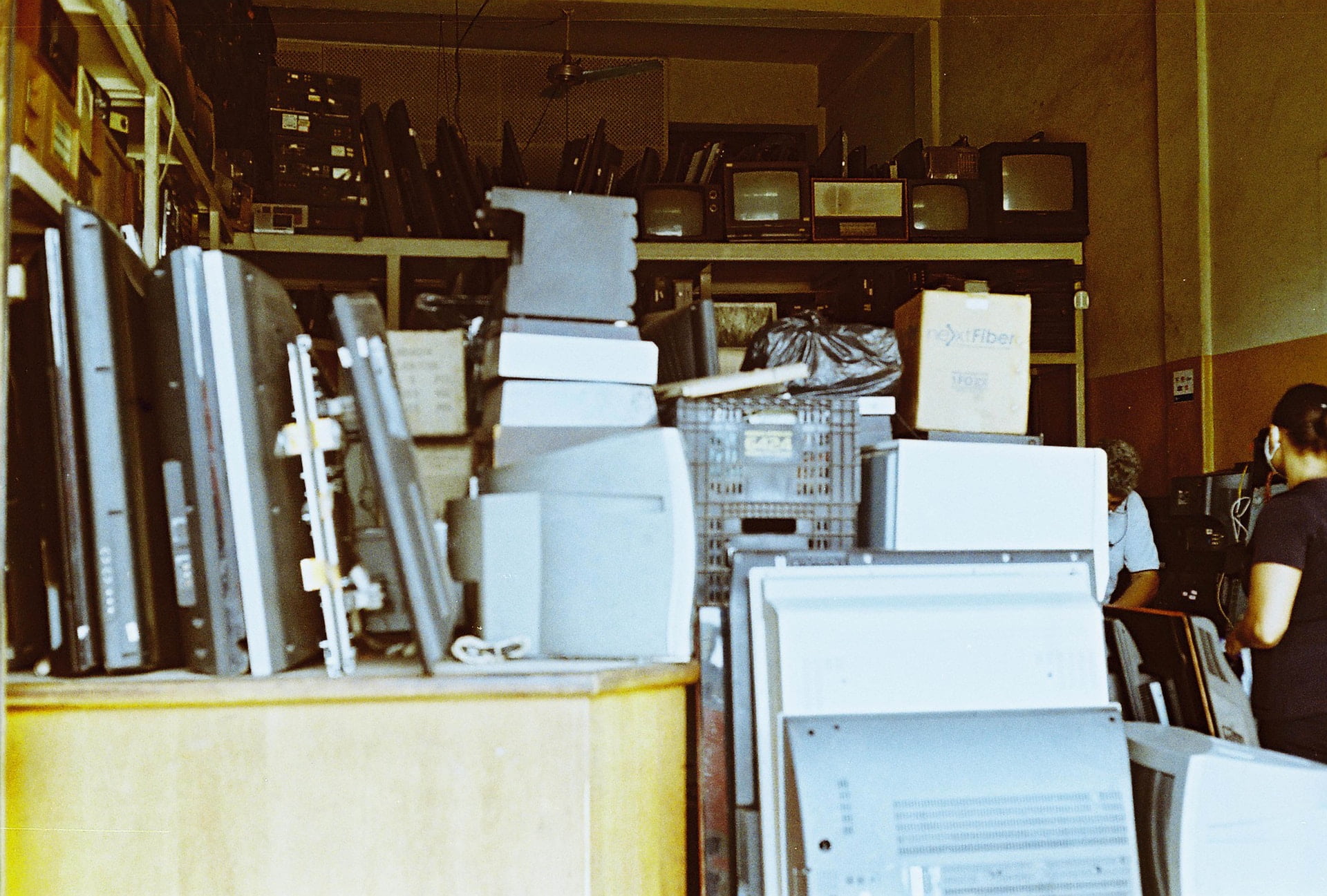Growing Challenge of Dealing With E-Waste
E-waste is an ever-growing category of discarded electronic equipment. Many of the components in these devices contain fundamentally toxic substances, including mercury and lead. These dangerous chemicals leach into landfills when discarded, contaminating groundwater and soil. These pollutants can cause various health issues, from cancers to impaired IQs.
How to Start a Recycling Business
In a business environment where hardware capital is constantly replaced, e-waste is a growing challenge. Companies can reduce the amount of discarded equipment by recycling old computers and other devices when no longer needed. Using a trusted e-waste vendor ensures a comprehensive recycling process and that all electronic scrap is accounted for. These vendors are incentivized to provide a high-quality service to grow their reputation. They also have access to the necessary resources to provide an efficient and safe recycling experience.
Another benefit of a trusted e-waste vendor is that they can provide transportation and storage solutions. It saves businesses the time and hassle of transporting equipment to and from their facilities. Getting into the e-waste recycling business can be a profitable and rewarding venture. But it’s important to research and plan properly before starting a business. The right legal structure, a location for your business and accounting software are all essential for a successful launch.
Legalities
Millions of electronics, from old computers and cell phones to obsolete VCRs and DVD players, end up in landfills every year. This e-waste mixes working and broken devices, which contain hazardous chemicals that risk human health and the environment when disposed of improperly.
In addition to causing environmental damage, these chemicals can harm humans and wildlife by leaching toxic substances into the soil and water. It is why reducing electronic waste benefits all of us. The best way to reduce e-waste is to recycle it. Many companies offer buyback programs for used electronics, and charities accept discarded gadgets.
There are also some state laws on the books that regulate e-waste disposal. These include e-waste diversion legislation and extended producer responsibility laws that require manufacturers to manage their products through the entire lifecycle, from production to end of life. These regulations aim to promote recycling and reduce the amount of e-waste sent to underdeveloped nations for disassembly or dumping in landfills.
Marketing
As technological advancements come at us at a dizzying pace, devices that are no longer useful become obsolete. While these gadgets might be considered junk by consumers, they often contain valuable materials that can be recycled. Unfortunately, e-waste is often burned or thrown away instead of properly recycled. It can lead to environmental contamination, and companies must ensure that their unused electronic products are disposed of responsibly. E-waste contains toxic chemicals like mercury, cadmium, and lead that are discharged into rivers and lakes, contaminating the water supply. These toxins also harm humans who inhale or have direct contact with them. They can cause reproductive problems, cancer, cardiovascular disease, and neurological disorders. E-waste is a global issue that needs to be addressed by governments and companies. Companies can positively impact the environment through extended producer responsibility and encourage more people to recycle their old gadgets.
Inventory
E-waste includes all electronics that have reached the end of their useful life, such as computers, monitors, printers and cell phones. However, it’s not limited to these products. It also refers to any electronic devices that are no longer wanted but may contain hazardous materials to human health and the environment when discarded. The growing demand for electronics has led to new devices being created rapidly. These electronic devices contain valuable materials like copper, gold and aluminum. Recycling e-waste helps reduce the demand for these resources and reduces greenhouse gasses released when mining these metals. The best way to recycle these materials is to use a reputable e-waste vendor.




